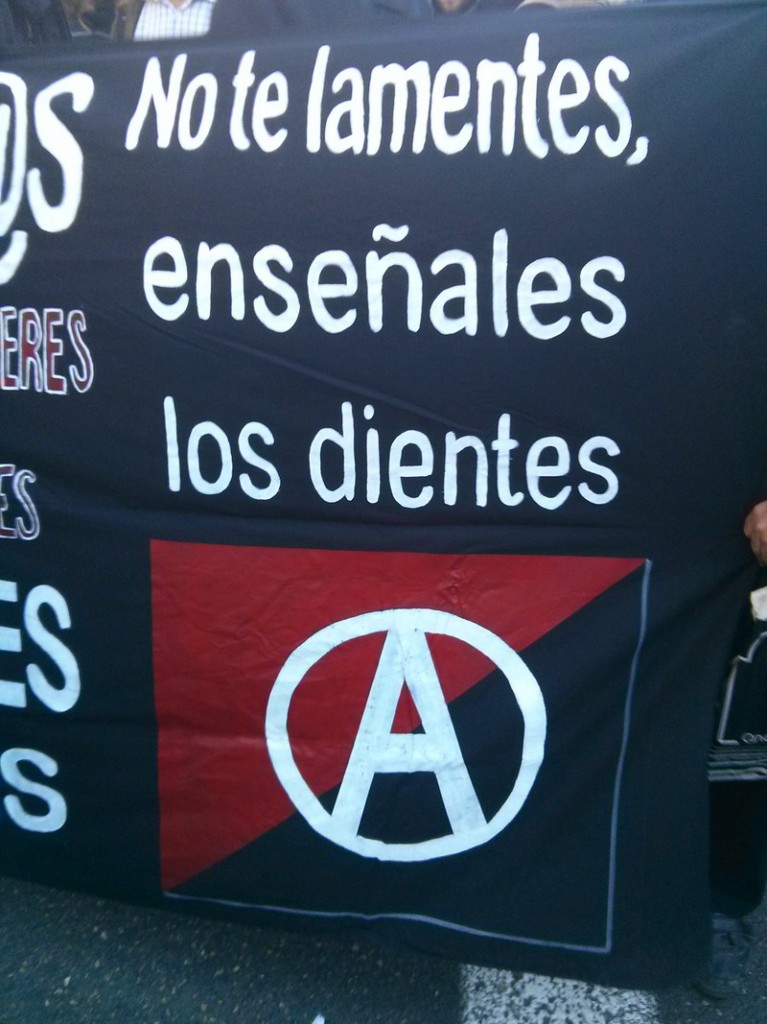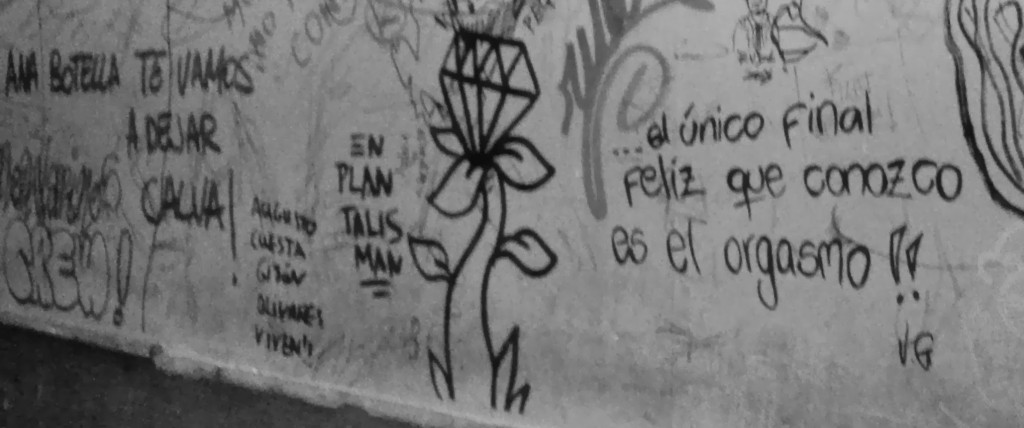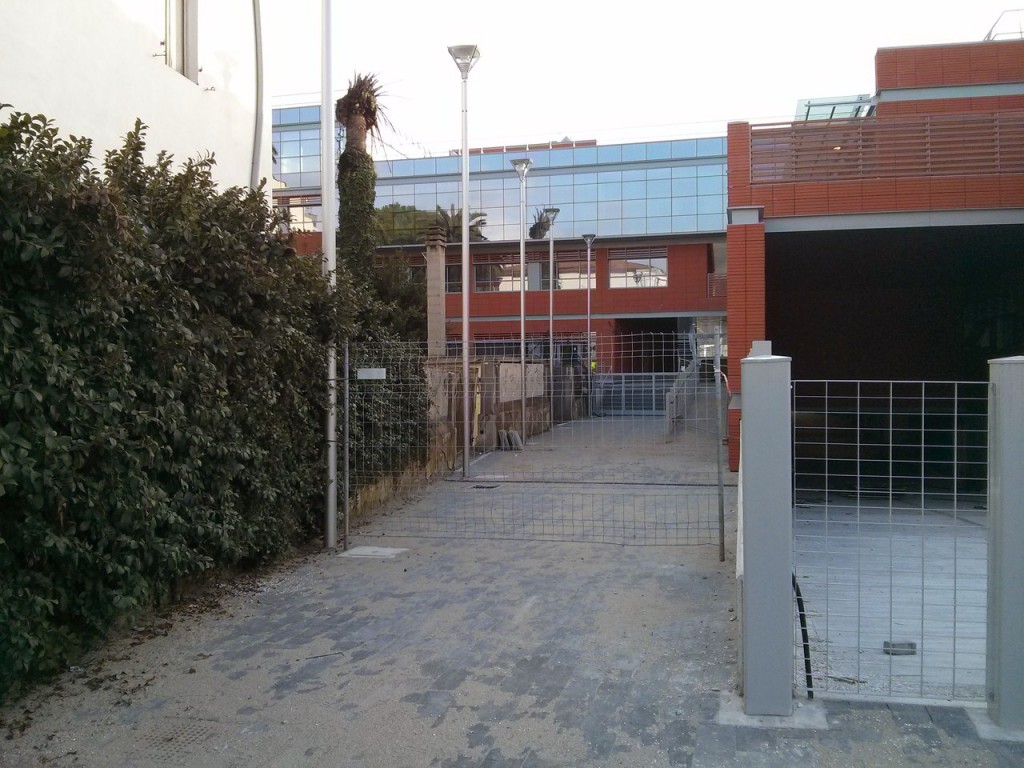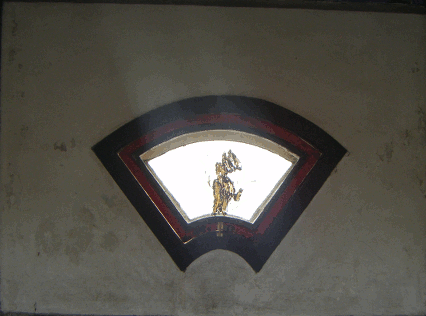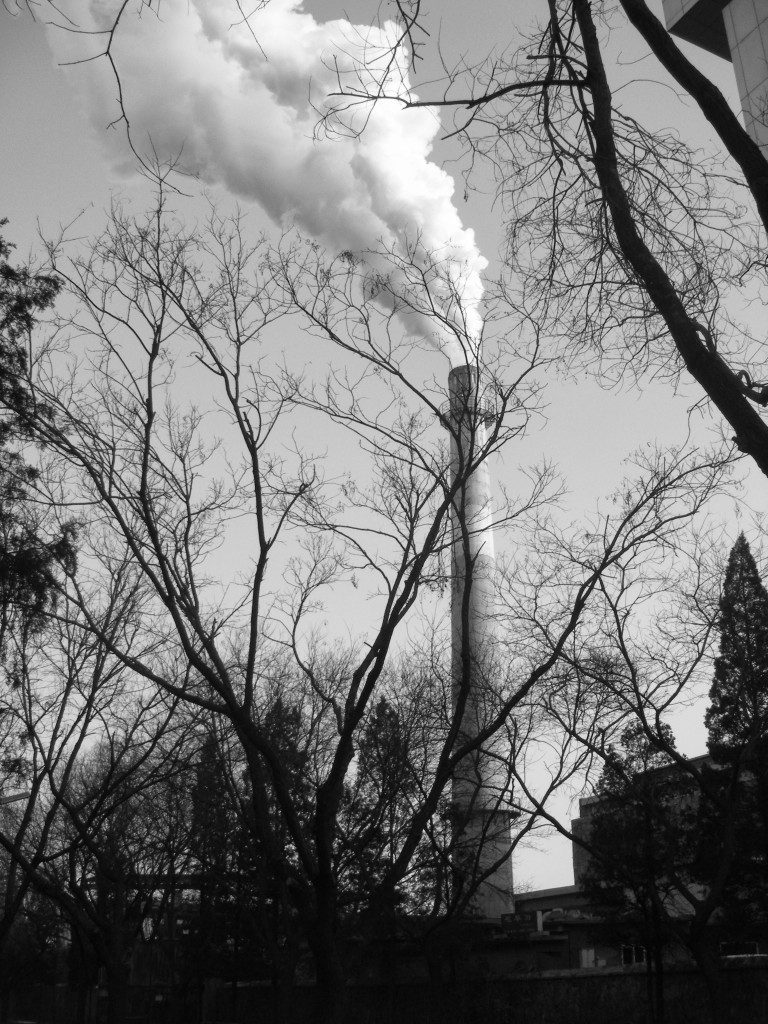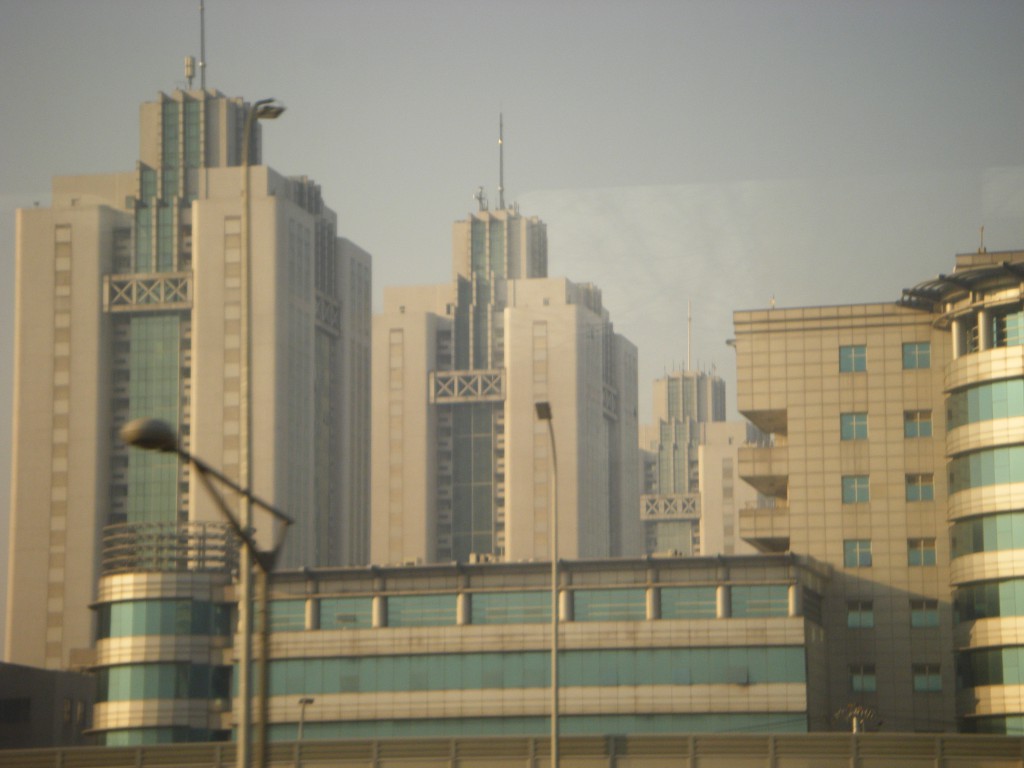Tutti gli articoli di lucha
California first impact
Le palme
Il traffico
I pick-up
I grattacieli di vetro e le case di legno
La moquette
Gli elettrodomestici che sembrano usciti da un film di Tarantino
Il traffico dell’ora di punta
Una pubblicità di rivista di cucina in spagnolo
Il ristorante vegano con la cameriera messicana
Il ristorante cinese con la salsa chili
Il ristorante cinese bohème con una parete di libri (di quelli con la rilegatura monocolore e i caratteri dorati) ed i quadri esposti in vendita (e pure belli)
I toponimi che mischiano almeno tre lingue, come East Del Mar Boulevard
I cactus nelle aiuole
Il dover mostrare il documento per bere una birra annacquata (Corona light? ma è pleonastico!)
La piscina condominiale nel cortile (non gonfiabile, una vera)
Happy end
Scava la buca, copri la buca
six degrees of pisamerda
wiki: “gobba a ponente”
Forse cercavi: gobbo a ponente
Forse cercavi: globo a ponte
Forse cercavi: gibbs a ponte
Forse cercavi: girls a ponte
Forse cercavi: golfo a ponte
Forse cercavi: gioco a ponte
Fear that what I love will prove lethal to those I love
Fear of seeing a police car pull into the drive.
Fear of falling asleep at night.
Fear of not falling asleep.
Fear of the past rising up.
Fear of the present taking flight.
Fear of the telephone that rings in the dead of night.
Fear of electrical storms.
Fear of the cleaning woman who has a spot on her cheek!
Fear of dogs I’ve been told won’t bite.
Fear of anxiety!
Fear of having to identify the body of a dead friend.
Fear of running out of money.
Fear of having too much, though people will not believe this.
Fear of psychological profiles.
Fear of being late and fear of arriving before anyone else.
Fear of my children’s handwriting on envelopes.
Fear they’ll die before I do, and I’ll feel guilty.
Fear of having to live with my mother in her old age, and mine.
Fear of confusion.
Fear this day will end on an unhappy note.
Fear of waking up to find you gone.
Fear of not loving and fear of not loving enough.
Fear that what I love will prove lethal to those I love.
Fear of death.
Fear of living too long.
Fear of death.
I’ve said that.
Raymond Carver, Fear, via iconographica
rail & society
If we lose the railways we shall not just have lost a valuable practical asset whose replacement or recovery would be intolerably expensive. We shall have acknowledged that we have forgotten how to live collectively. If we throw away the railway stations and the lines leading to them —as we began to do in the 1950s and 1960s— we shall be throwing away our memory of how to live the confident civic life.
It is not by chance that Margaret Thatcher —who famously declared that “there is no such thing as Society. There are individual men and women, and there are families”— made a point of never traveling by train. If we cannot spend our collective resources on trains and travel contentedly in them it is not because we have joined gated communities and need nothing but private cars to move between them. It will be because we have become gated individuals who don’t know how to share public space to common advantage.
The implications of such a loss would far transcend the demise of one system of transport among others. It would mean we had done with modern life.
Tony Judt, 2011
(from Bring Back the Rails! published January 2011 in the NY Review of Books, and cited here.
